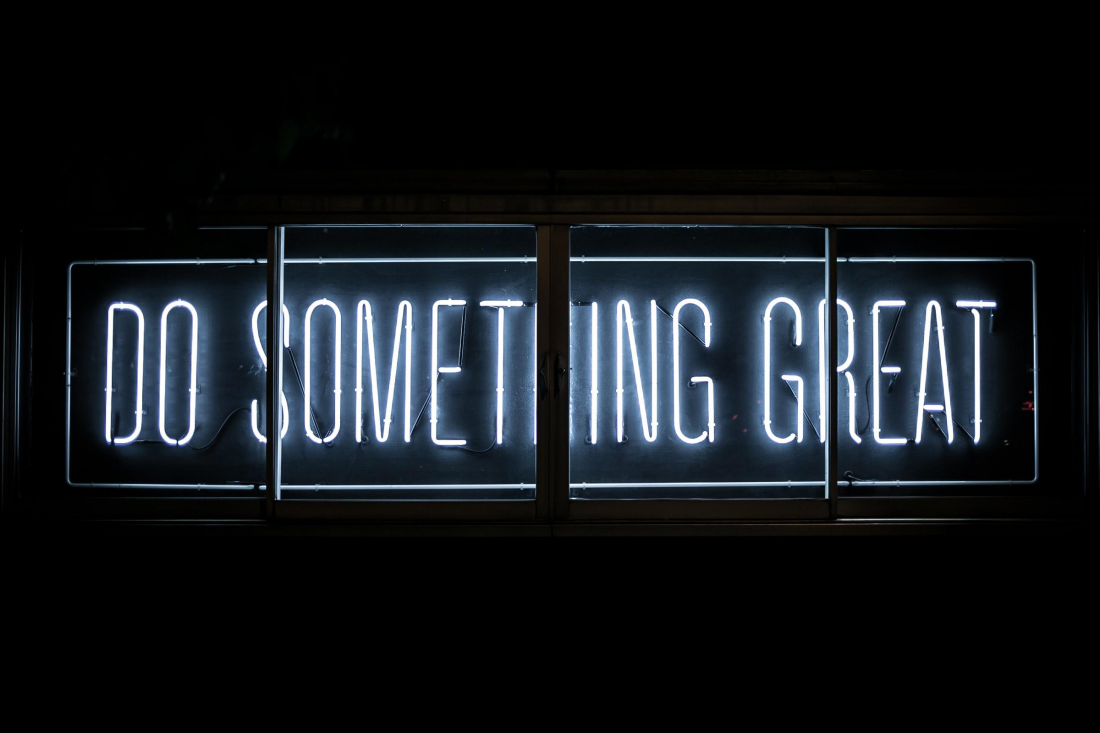Photo: Clark Tibbs/Unsplash
If you’ve set your sights on global expansion, you’ve probably got a head full of ideas and a gargantuan to-do list to match. With so much going on, it’s easy to get tied up in technical necessities, like organizing trade and export finance and sorting out your new shipping procedures. However, if you forget to plan for the ethical dilemmas faced by expanding global ventures, you may find yourself in any number of sticky situations. To make life easier for you, we’re about to run you through five tips for navigating the ethics of global trade:
1. Know what you can and can’t trade
You’d be surprised at the rules and restrictions that can apply to seemingly innocuous products in certain countries. It’s better if this surprise hits you early in your planning phase rather than after you’ve already sunk a whole lot of time, money, and resources into the mission.
Every country has its rules, and they’re not always clear-cut. Indeed, many seem downright illogical on the surface. This is why it’s essential that you look into the relevant laws and regulations of every nation with which you’re considering doing business. If you’re at a loss, customs services can usually clear things up for you.
2. Stick within the bounds of the law
This one may sound obvious, but we’re including it for a reason. When you have a frustrating obstacle in your path, it can be tempting to accept an off-the-books offer that will clear it out of the way for you. In addition to this, you won’t be able to plead ignorance if one of your associates steps outside the bounds of the law when organizing licenses or approvals.
Even if you go in with pure intentions, there are all sorts of legalities to consider, depending on where and how you want to trade. For example, some countries limit asset ownership by foreign companies, so you may need to enter into a joint venture with a local partner.
The risks of breaking international trade laws are not worth the rewards, so make sure you and your team are thoroughly versed in all the relevant legislation.
3. Use the OECD guidelines as your barometer
The Organisation for Economic Co-operation and Development (OECD) is a global think tank focused on best practices for international business. The organization’s guidelines for responsible conduct for multinational businesses offer the most comprehensive code of practice you could hope for.
When it comes to making ethical decisions, this resource is invaluable. You will find standards and suggestions for handling everything from environmental concerns and human rights issues to industrial relations and information disclosure.
4. Understand and work with cultural differences
Clear communication is critical in any kind of business, but when you’re going global, you need to focus particular attention on linguistic and cultural differences. For example, it’s not enough to hire a translator with a high level of aptitude, you need someone who is versed in the relevant industry vernacular for both languages.
Likewise, you need to understand the unique values and practices of the cultures you’ll be doing business with so you can respect and honor them while upholding those of your home country.
5. Create your own in-house guidelines
After having considered the points listed above, it’s essential that you create your own codes, practices, and guidelines to ensure your employees and relevant stakeholders know what’s expected of them at all times.
Do your research, stick within the bounds of the law, establish clear guidelines and communication strategies, and you’ll be well on your way to a successful global business.
